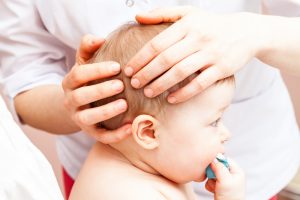Mother and Baby Clinics
Find out more about cranial osteopathy and treatment options for mother and baby.
Baby Clinic – Cranial Osteopathy for Babies
Osteopaths are trained in therapeutic approaches that are suitable for a broad range of people, including pregnant women, children and babies.
Osteopaths are statutorily regulated primary healthcare professionals (since 2017 we have been given Allied Health Professional status by the NHS) who work in private healthcare and/or primary, secondary and tertiary care in NHS settings. Undergraduate training for osteopaths includes paediatrics and many osteopaths hold specialist postgraduate qualifications in paediatric osteopathy.
Cranial osteopathy is just one of a large range of techniques used by osteopaths for treating patients presenting with musculoskeletal and non-musculoskeletal symptoms. Osteopaths who practice cranial osteopathy place their hands gently on the head and over the sacrum, which is part of the pelvis.
Cranial osteopathy is a very gentle form of osteopathy that encourages the restoration of the body’s balance and helps to remove any underlying tensions and relax your baby.
Babies’ skeletons are softer than an adult’s. Cranial osteopathy uses a variety of gentle handholds and movements on your baby’s body to help soothe and relax your baby following his/her birth. These handholds are used on special points on your baby’s head and body and are done in a gentle, sympathetic way.
Maternity Clinic – Osteopathy for Pregnant Women
Pregnant women and new mothers undergo a lot of physical changes, which we are dedicated to helping them cope with.
Osteopaths spend four to five years in training so that they have a good understanding of how all the body’s organs, joints and muscles interrelate and correspond with one another.
These relationships become more relevant during pregnancy as the body progressively adapts to the unique stresses imposed upon it, and especially as it prepares for birth.
During this unique time, inevitably some issues may arise and osteopaths are well situated to help diagnose and resolve these problems. Common complaints include:
-
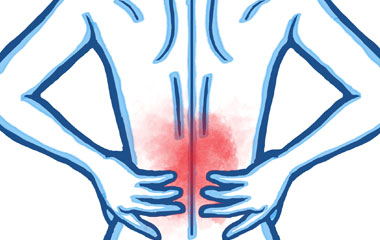
Sciatic Nerve Pain and Lower Back Pain
As the centre of gravity changes in your body during pregnancy mechanical stress is imposed on the lower back.
Read more -
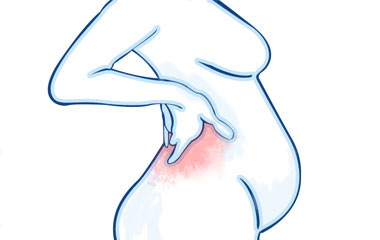
Sacroiliac Joint Pain (lower back pain)
Osteopathy can be very helpful for sacroiliac joint issues. An osteopath can also teach various stretching or stabilising exercises that can help reduce the pain.
Read more -
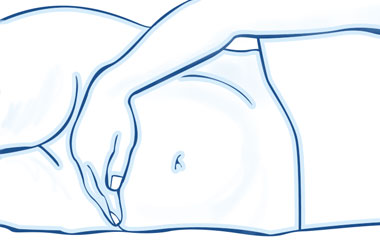
SPD (Symphysis Pubis Dysfunction) and Pain at the Front of the Pelvis
The process of delivery can make the symphysis pubis joint less stable, causing pelvic girdle pain or symphysis pubis dysfunction (SPD).
Read more -
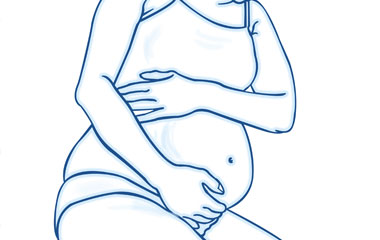
Generalised Muscular Pain in Pregnancy
Muscle pains and discomfort during pregnancy can cause wide-ranging issues, from leg cramps through to neck and shoulder pain and/or lower back pain.
Read more -
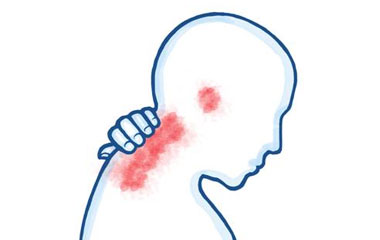
Neck Aches and Headaches
Both during and after pregnancy you can expose yourself to long periods of postural strain that imposes heavy loading on arms, shoulders and neck.
Read more -
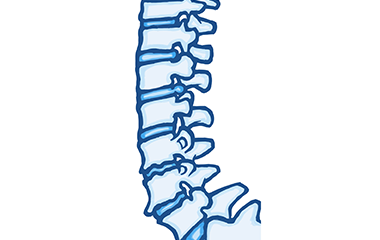
Rib Pain and Thoracic Pain
The most common cause of mid-back pain comes from muscular tension as the body struggles to adapt to its new centre of gravity as your baby develops.
Read more

